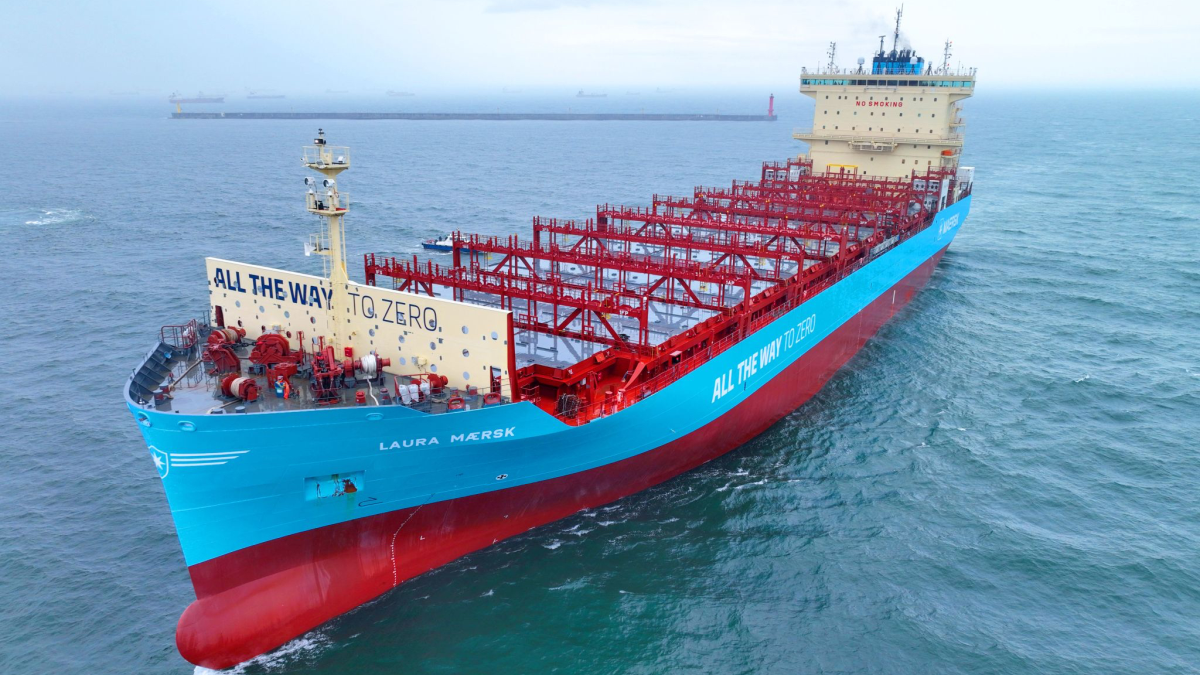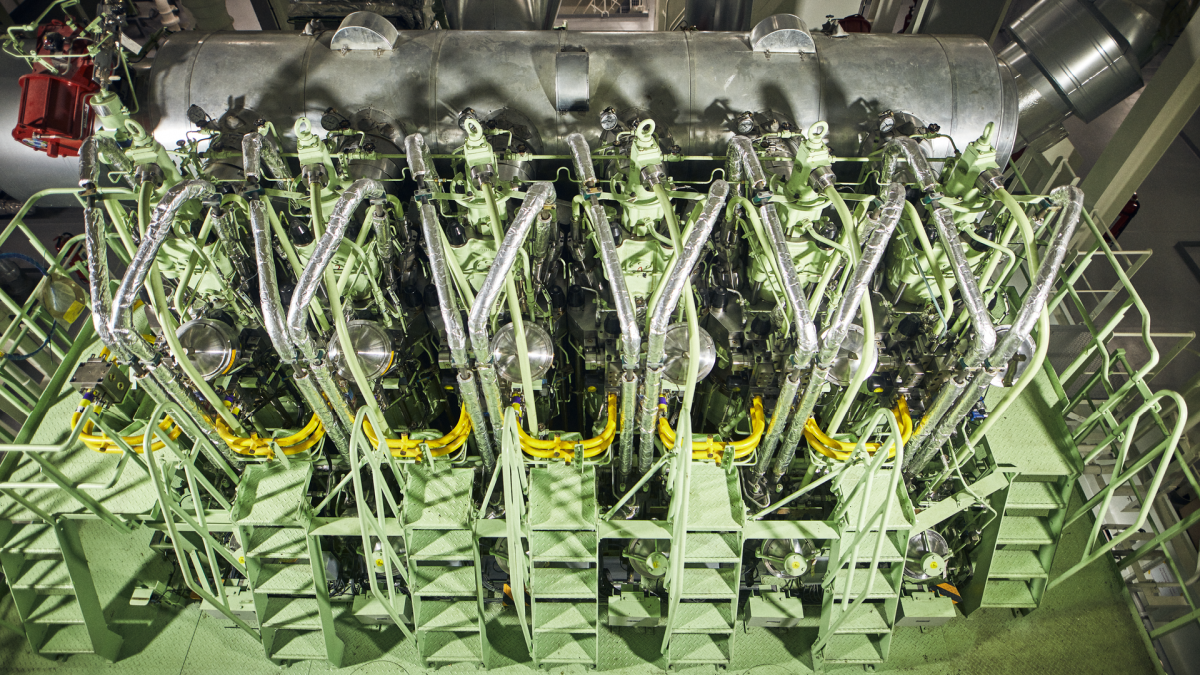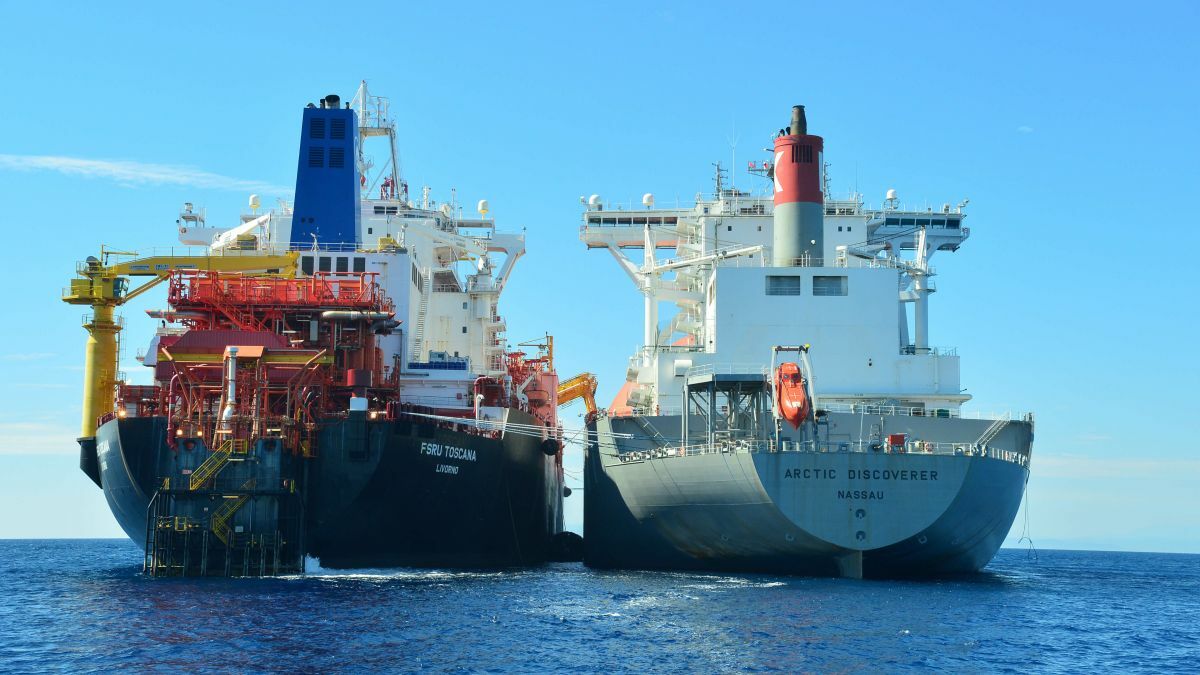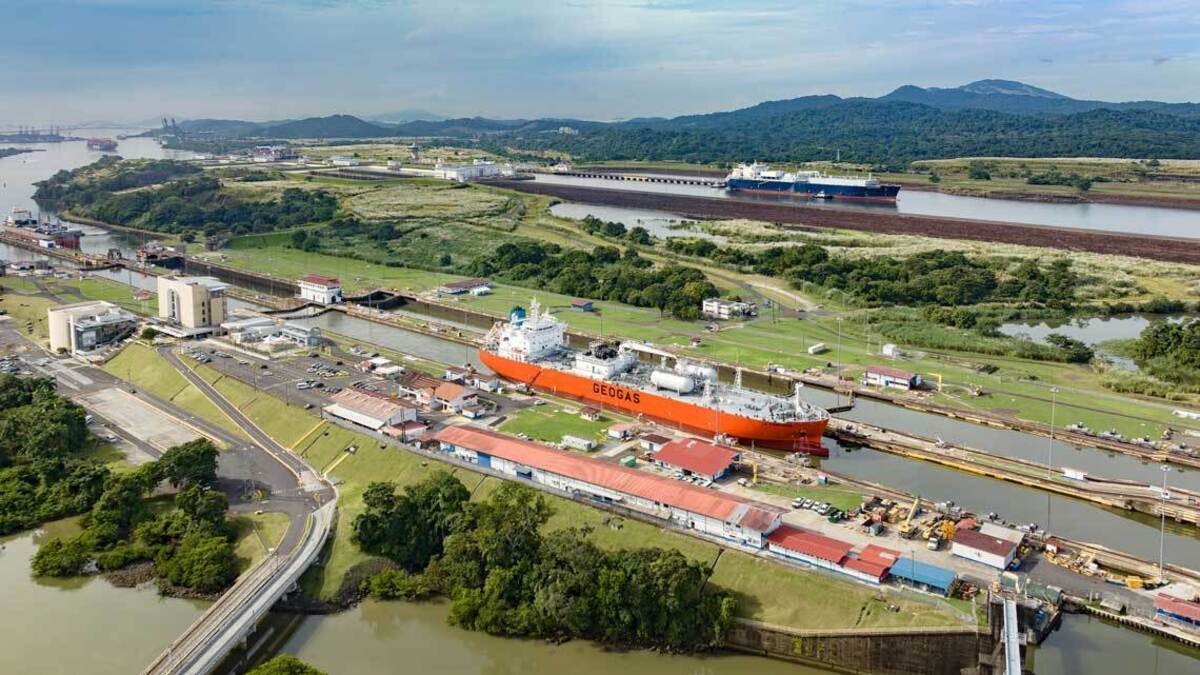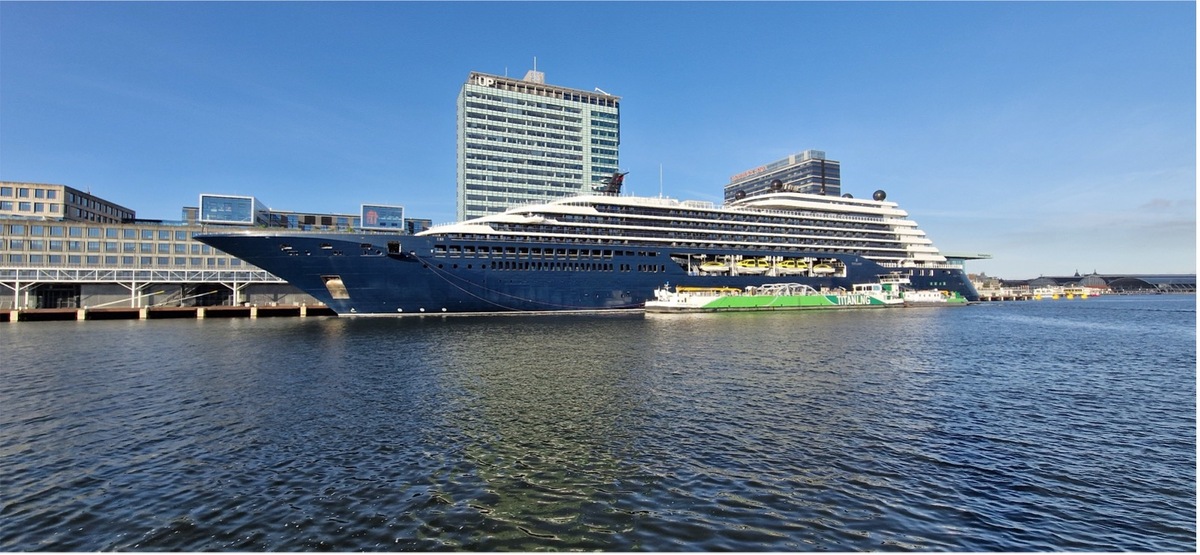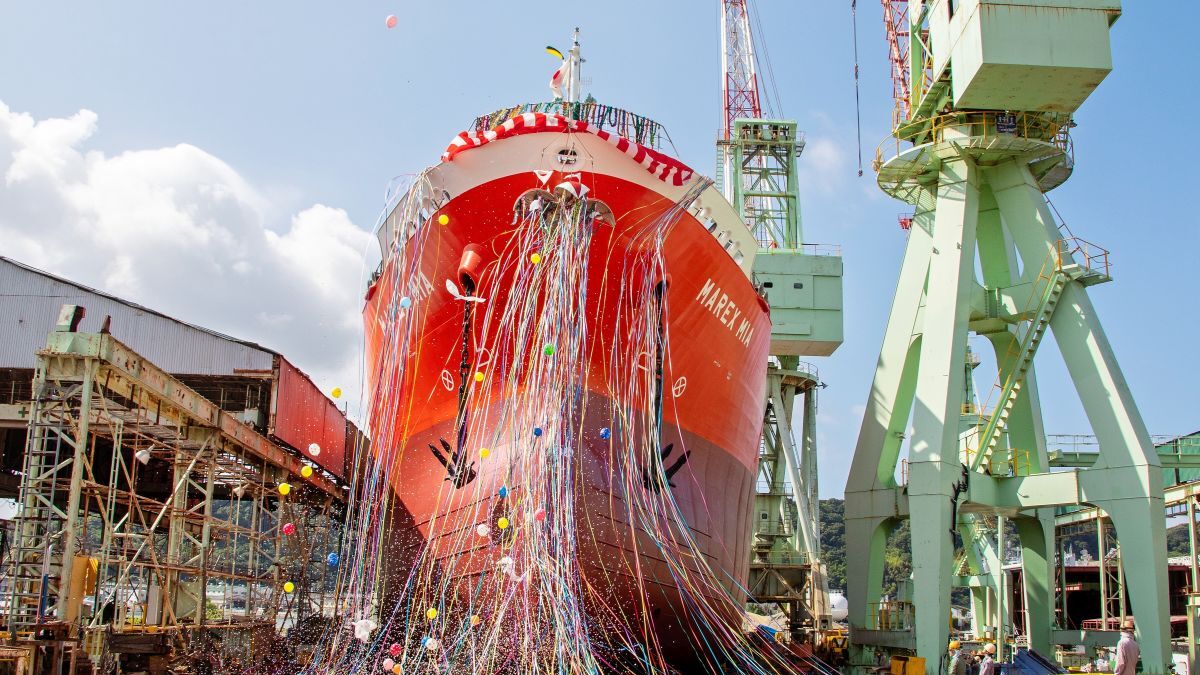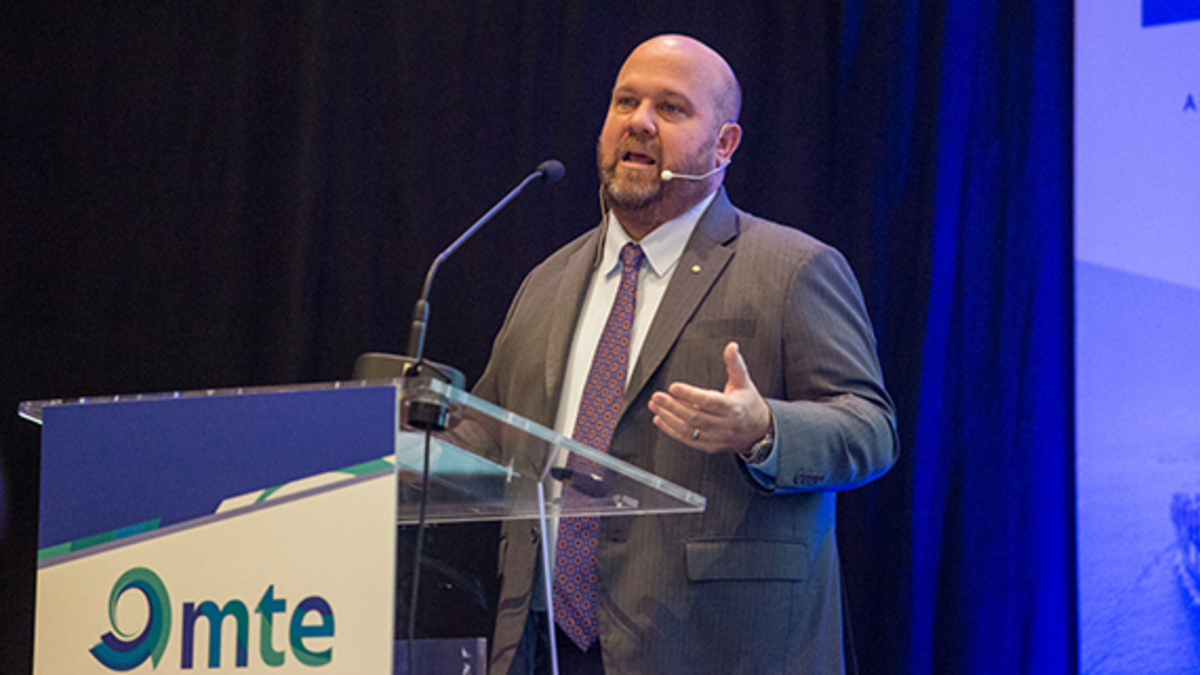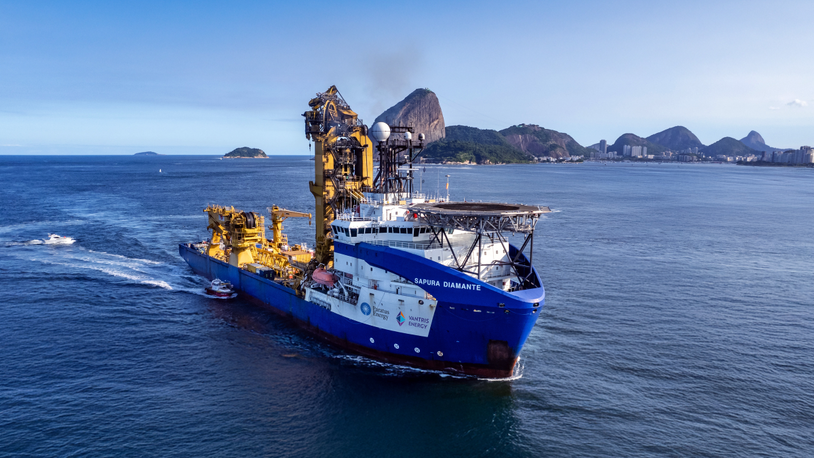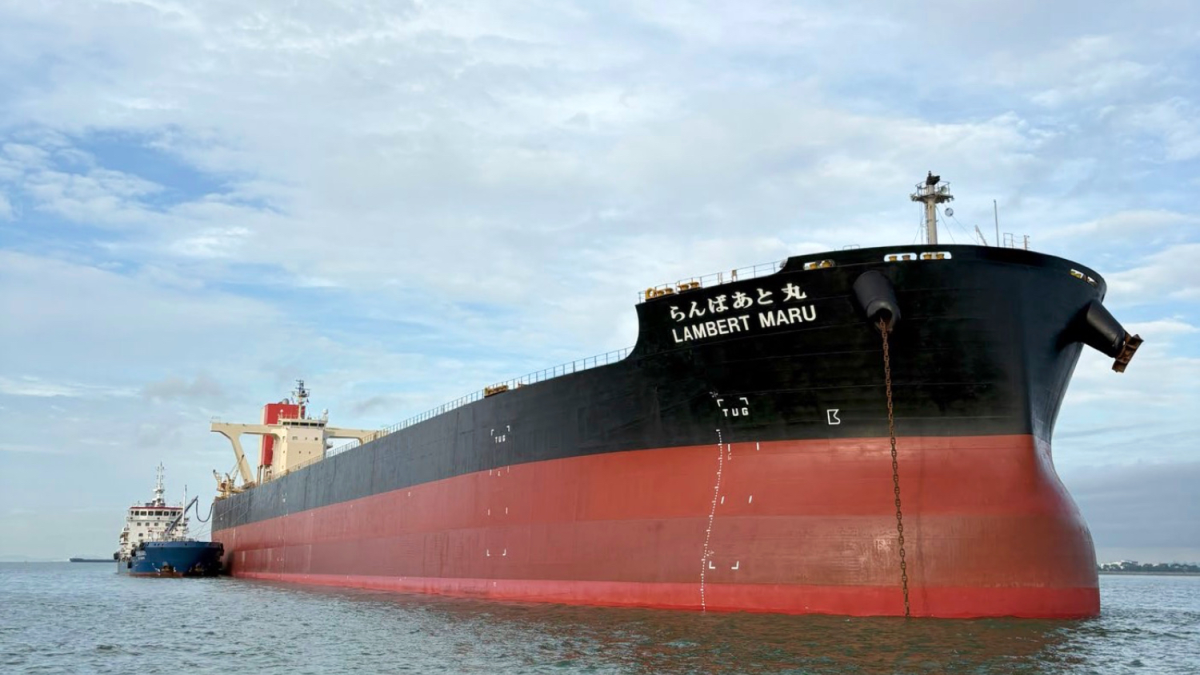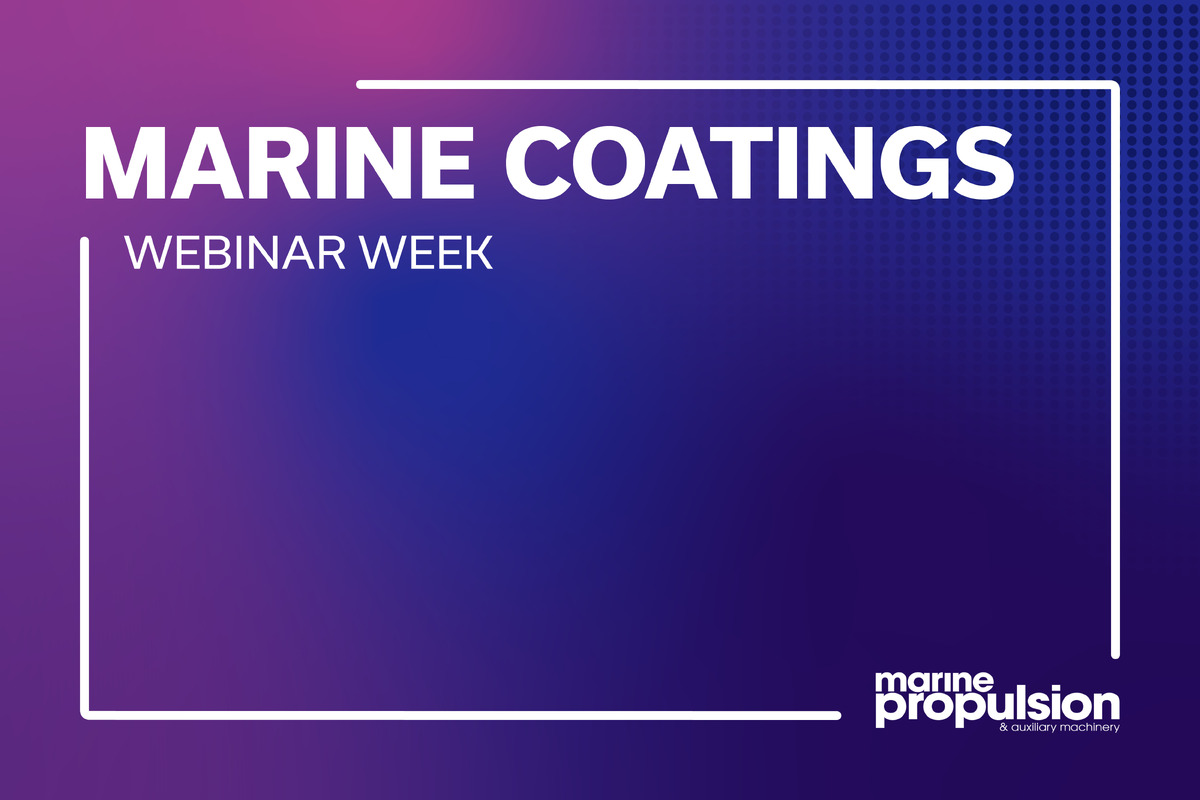Business Sectors
Contents
Register to read more articles.
Methanol-fuelled fleet grows in wake of trailblazing Laura Maersk
Vessels powered by alcohol-based fuels, methanol and ethanol, will become a significant part of the global fleet in the years ahead, as fuel production expands and engine availability matures and grows
When the methanol-fuelled Laura Maersk, currently doing duty in the Baltic, was launched in late 2023, it was a leap in the dark, as the parent company confessed.
Since then, the container ship has so successfully proved its viability that Maersk is busily ensuring reliable supplies of the alternative fuel for its expanding fleet of alternatively-fuelled vessels.
In late 2024, Maersk signed with China-based LONGi Green Energy for supplies of bio-methanol, with first volumes coming available in 2026. “Bio and e-methanol continue to be the most promising alternative shipping fuels to scale up in this decade,” says A.P. Moller-Maersk executive vice president and chief operating officer, Rabab Raafat Boulous. “The agreement with LONGi serves as a testament to this,” says Ms Boulous. LONGi’s bio-methanol is produced from residues such as straw and fruit tree cuttings.
Simultaneously, Maersk is looking to the US where the group is “engaging closely with several promising projects”, according to Emma Mazhari, head of energy markets.
Meantime the methanol-fuelled fleet is building steadily. An early 2025 survey by DNV listed 25 container ships and a further 208 on order, 25 oil/chemical tankers with 33 on order, 52 bulk carrier and 20 car carriers on order, with interest growing among “other offshore vessels and roro cargo vessels”. Maersk alone is running a 14-strong dual-fuel methanol fleet, the group confirms, with more on its order books. These are sized at 16,200 TEU and 17,000 TEU, stepping up from Laura Maersk which is serving as a test bed for larger vessels.
Enginebuilders lean in
Meantime, enginebuilders are rising to the challenge. Everllence, the former MAN Energy Solutions, is in the process of converting 11 two-stroke engines to run on methanol for Maersk. Everllence has years of experience – it put its first methanol-juiced engine into service way back in 2016. Next up in the engine designer’s priorities are four-strokes for cruise ships, ferries and workboats. Here, the company is taking the dual-fuel route with engines that can be converted to methanol, as well as retrofit packages for existing engines.
In June, Everllence was due to deliver the world’s most powerful two-stroke methanol engine, an MAN B&W 12G95ME-C10.5-LGIM. Built by its Chinese licensee, CSSC-MES Diesel Co, Ltd, the engine is rated at 82,440 kW at 80 rpm. CMD is building 12 of these massive behemoths for a dozen 24,000-TEU container vessels currently under construction; seven of the box ships are being built at Nantong COSCO KHI Ship Engineering Co for shipowner, Orient Overseas Container Line and five at Dalian COSCO KHI Ship Engineering Co for shipowner, COSCO Shipping Lines.
Methanol dual fuel engine options are widening for cruise, ferry, tug and workboat owners, too.
“Methanol-burning engines remain relatively limited”
“We are bringing four-stroke engines and methanol together in the most practical way for our customers,” explains the enginebuilder. “Instead of asking you to commit and invest in methanol engines, we are offering new dual-fuel engines that can be easily converted to methanol and retrofits for existing engines.” Leading the way are the methanol-ready MAN 32/44CR, MAN 49/60DF, and MAN 175D.
Similarly, Wärtsilä is also taking the multi-fuel route. Its long-serving Wärtsilä 32 engine, of which 2,500 have been sold to the marine market since 1998, will power the world’s first ethanol-fuelled offshore support vessels now under construction for Brazil’s Compagnie Maritime Monegasque (CMM). The project became possible when Wärtsilä successfully ran the engine on ethanol in early 2024 and the deal was signed soon after. Brazilian state-owned oil company Petrobras has tendered for the construction of OSVs capable of operating on ethanol. CMM plans a fleet of 10 ethanol dual fuel-powered OSVs for the Brazilian offshore market.

Room for improvement
As DNV explained in a recent paper, while methanol technology is well advanced, there is room for improvement: “Technologies required to use methane as fuel can be considered mature, while methanol technologies are maturing.” However the range of dedicated methanol-burning engines remains “relatively limited, though improving”. On the plus side, methanol is easier to integrate and use compared with other alternative fuels because it is stored as a liquid and the presence of storage terminals close to most major ports means the required capital outlay is described as “moderate”.
Methanol is clearly the leader in dual-fuelled engines – Maersk, for instance, has no ethanol-fuelled ships – but ethanol volumes are rising steadily, according to several sources. Statista estimates global production in 2024 at 31Bn gallons, up by nearly 1.6Bn over 2023. Roughly 80% of global production comes from the US, where the primary feedstock is corn, and from Brazil, which processes sugarcane. Sustainable energy group Cosan, an investor in Brazilian producer Raizen, also sees ethanol demand rising, predicting 32M cubic metres a year by 2030. Rystad Energy expects India to become an important producer. Albeit from a low base, India has more than tripled production capacity in the last four years, reports Rystad recently, and “has set an ambitious target to double current ethanol production by 2028.” The energy consultancy predicts that production could hit 200,000 barrels a day by 2030.
“Tariff policy could affect the maritime industry’s uptake of ethanol”
In the US at least, tariff policy could affect the maritime industry’s uptake of ethanol, long a drop-in fuel for smaller engines.
Along with dozens of other associations, in April America’s Renewable Fuels Association became alarmed at the White House’s proposed fees on Chinese-built ships. Most US-produced alternative fuels, including ethanol, go by sea, passing through 29 customs districts and numerous ports. On the basis that “in 2024 the American ethanol industry enjoyed record exports of renewable fuel to countries around the world”, wrote RFA president, Geoff Cooper, in an open letter to the White House, the trade body sought an exemption from the fees, pointing out that vessel operators had warned they intended to pass on 100% of the costs of the port fees, which could price out US-produced ethanol in export markets.
“Adequate infrastructure and supply are still low”
In 2024, ethanol exports jumped to a record 1.91Bn gallons and were shipped to 80 countries. By value, exports amounted to US$4.3Bn, according to the RFA.
A long transition
Overhanging the widespread acceptance of alcohol-based fuels are the usual suspects – shortages and cost. “Getting the global fleet to transition to these new fuels will be a long and arduous task, stacked with uncertainties, that may take decades instead of years,” warns DNV. “Adequate infrastructure and supply are still low for most fuels and the demand is high from several competing industries, while the global fleet needs to be rebuilt in order to be powered by them.”
However, the situation is not nearly as dire as it was before the launch of Laura Maersk. DNV’s latest Maritime Forecast, a definitive review of the state of play, predicts the global fleet will need 25 to 30% of the global green fuel supply by 2030. But beyond 2030, availability will increase and most probably will suffice.
The risk of stranded assets
In the meantime, notes DNV, “shipowners investing in new vessels are still unsure which fuel to bet on and run the risk of creating stranded assets if an ecosystem for their chosen fuel fails to develop. Even if they make the right choice, it is certain that the cost of alternative fuels will be considerably higher than traditional options, affecting the competitiveness of many operating vessels by the mid-2030s. For existing vessels, the cost to retrofit new fuel technologies is quite high and does not make commercial sense for the majority.”
Lloyds Register is in broad agreement: “Uncompetitive price point relative to conventional oil”, it says about methanol in its latest Fuel for Thought.
Yet as the alcohol-fuelled fleet expands rapidly in the next few years, it is inevitable that volumes of methanol and ethanol will grow to meet demand and, say experts, that prices will fall to commercially viable levels.
Related to this Story
Events
LNG Shipping & Terminals Conference 2025
Vessel Optimisation Webinar Week
Marine Coatings Webinar Week
© 2024 Riviera Maritime Media Ltd.


